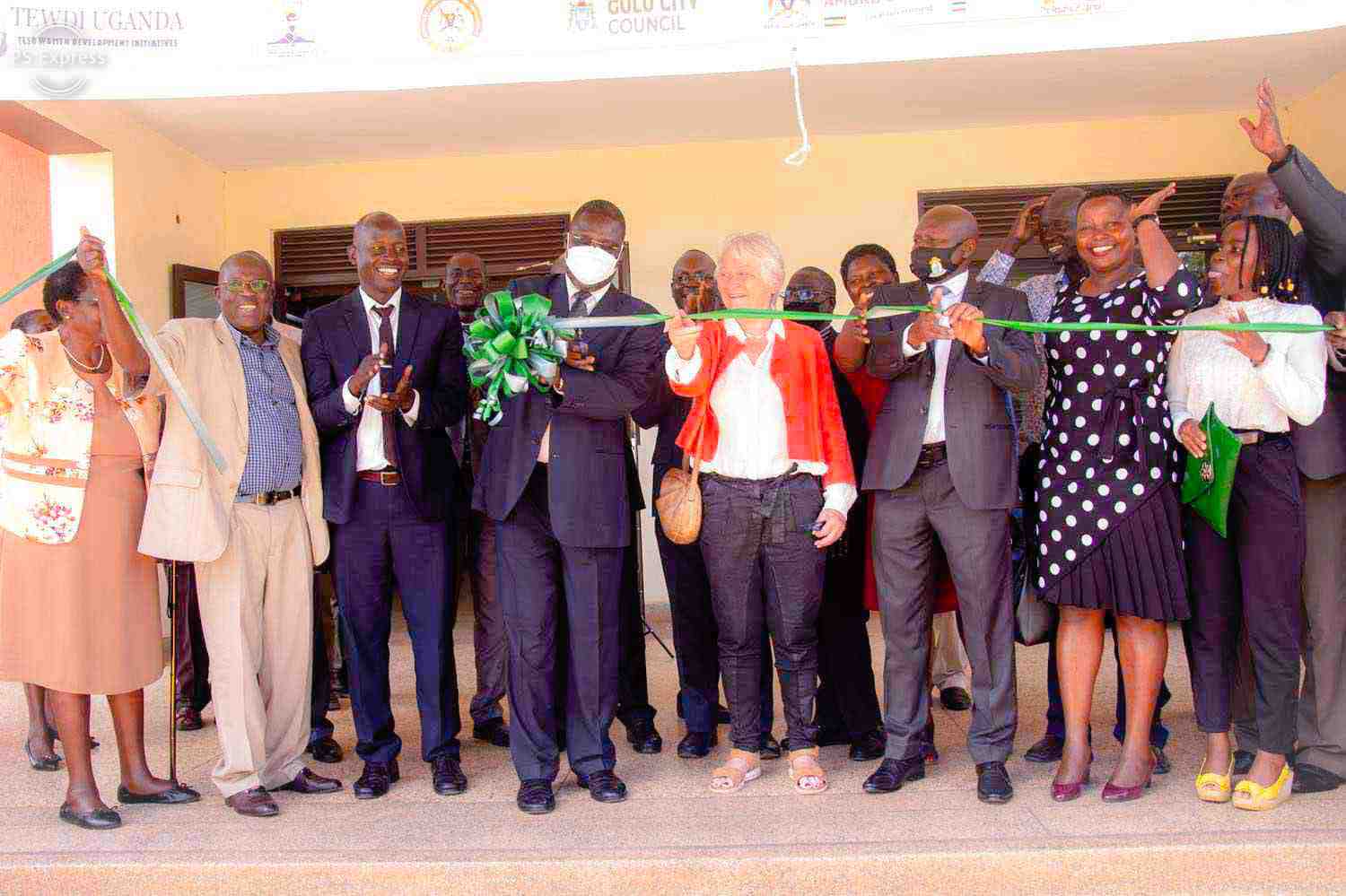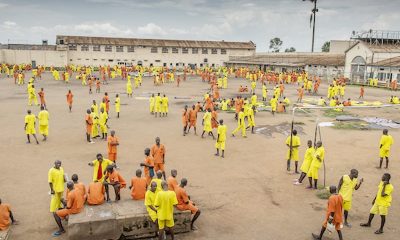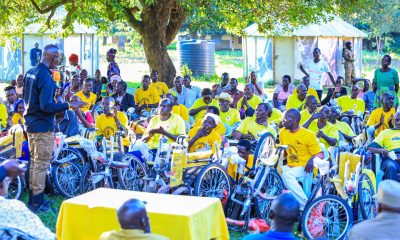News
Gulu University gets UGX6bn green charcoal project

The launch of UPCHAIN is hoped to reverse the adverse effects of deforestation in northern Uganda
Gulu University has received a UGX6bn project to develop ‘green charcoal’ briquettes from agricultural waste, as an alternative replacement for ordinary charcoal and firewood, in a bid to curb widespread deforestation and climate change.
The four-year project dubbed; “Unlocking the potential of Green Charcoal Innovations to Mitigate Climate Change in Northern Uganda or UPCHAIN, will bring together researchers in both arts and science fields to develop innovative technologies and equipment with the aim of producing briquettes (green charcoal) from agricultural residues in a viable way, an alternative to firewood and black charcoal.
Green charcoal should contribute to stopping deforestation, reduce smoke-induced health issues as well as create local employment, says a statement from the project promoters.
The Gulu University research team is backed by researchers from two Danish universities – Aalborg University and the University of Copenhagen. Local partners of the project include the local governments of Gulu City, Amuru District, Adjumani District as well as schools, NGOs and the Private sector.
If successful, the project will be a pleasant addition to efforts to curb the worrying trend of deforestation in Uganda, where an estimated 200,000 hectares (494,000 acres) of forest cover per year (Africa Natural Resources Institute), is lost in the search for cooking energy and land for agriculture.
Globally, deforestation is considered one of the main causes of rising global temperatures.
Over 3 billion people worldwide rely on solid fuels using technologies that are inefficient, and pose health risks to users. In Africa, the energy needs of over half of the population is met by firewood and charcoal.
Some of the most affected victims of deforestation and climate change are women and children, not only in Uganda but in many poor countries. In Uganda for example, women spend up to 20 hours per week searching for firewood.
The situation in Northern Uganda, which is still recovering from over 20 years of civil unrest, is exacerbated by the massive influx of refugees from neighbouring countries, resulting in severe ecological consequences and conflicts with the host communities over access to resources. According to a study by Bamwesigye and others, in 2020, close to 40% of Uganda’s supply of charcoal to urban areas is from northern Uganda.
“Although the potential of green charcoal as a promising alternative to black charcoal because it is socially, economically and environmentally sustainable has been demonstrated, there is a need for research based knowledge, identifying the right development drivers and incentives to ensure its integration into solid fuel cooking, its contribution towards deforestation reduction, and ultimately mitigation of climate change”, said Dr. Collins Okello Co-Principal Investigator, UPCHAIN. Dr. Okello is the Dean, Faculty of Agriculture and Environment, Gulu University.
UPCHAIN is one of the outcomes of the BSU III project at Gulu University. It is funded by the Danish Ministry of Foreign Affairs and administered by Danida Fellowship Centre. The grant is just over UGX 6bn.
“UPCHAIN seeks to contribute to finding a lasting solution to the above (energy, Climate Change, employment) challenges. With this project we are going to have 6 PHDs, 12 Masters and one post-doc. This will increase the human resources capabilities not only for the university but also for northern Uganda,” said Prof. George Ladaah Openjuru, the Gulu University Vice Chancellor.
Prof. William Kasaalita, who delivered the key note address, said energy is very well linked to other aspects such as food, water and land. He urged the researchers to look at different areas as interlinking elements.
Comments



























